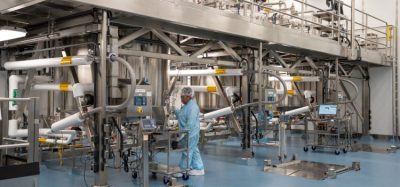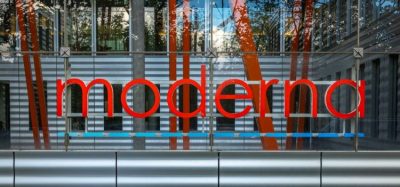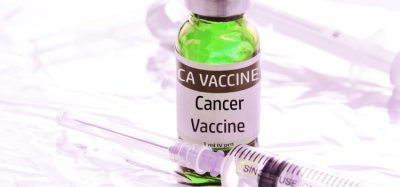BARDA grants Sanofi $43.2 million for Zika vaccine development
Posted: 27 September 2016 | | No comments yet
In July, Sanofi revealed the development agreement with the Walter Reed Army Institute of Research on the co-development of a Zika vaccine candidate…
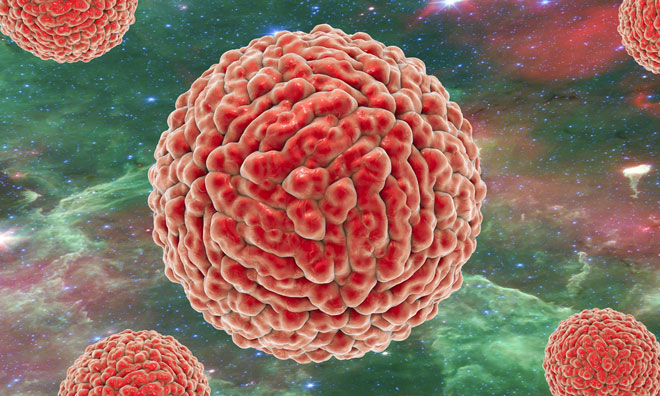

The Biomedical Advanced Research and Development Authority (BARDA) in the US Department of Health and Human Services have agreed to fund Sanofi’s manufacture of an inactivated Zika vaccine for phase II development.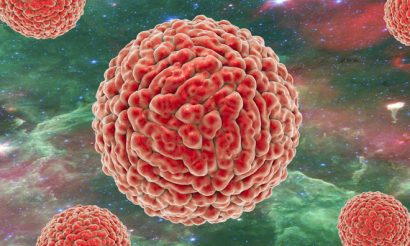

In July 2016, Sanofi Pasteur revealed the development agreement with the Walter Reed Army Institute of Research (WRAIR) on the co-development of a Zika vaccine candidate. The BARDA funding is to take WRAIR’s Zika purified inactivated virus (ZPIV) vaccine into phase II development with manufacturing and characterisation of the vaccine product as well as optimisation of the upstream process to improve production yields.
Breakdown of tasks
Sanofi Pasteur is in the process of creating a clinical development and regulatory strategy while WRAIR and the National Institute of Allergy and Infectious Diseases (NIAID), part of the US National Institutes of Health (NIH), are conducting a series of phase I ZPIV trials.
Beyond the funding provided by BARDA for the two phase I/II clinical trials, there is an option in the contract that BARDA can exercise for continuing support through Phase III industrial and clinical development.
“Given the devastating effects that this infectious disease can have on babies of infected mothers and the fact that the disease appears to rapidly spread, Sanofi Pasteur decided to get involved early on”” said David Loew, Sanofi Executive VP and Head of Sanofi Pasteur.
“We are very pleased that the US government is committed to working with us to develop a Zika vaccine. Based on this collaboration, we can bring together resources and expertise which are essential in fighting this public-health concern.”
Sanofi Pasteur has developed and provides several vaccines against flaviviruses, such as yellow fever, dengue, and Japanese encephalitis. It developed its first yellow fever vaccine in 1979 and has since sold more than 400 million doses and it is licensed in more than 100 countries around the world.
Related topics
Related organisations
Biomedical Advanced Research and Development Authority (BARDA), Sanofi Pasteur




